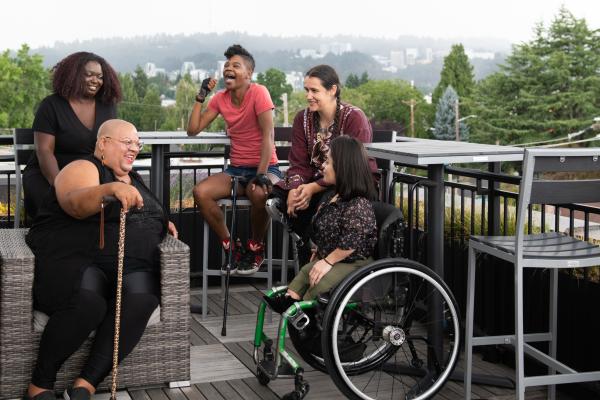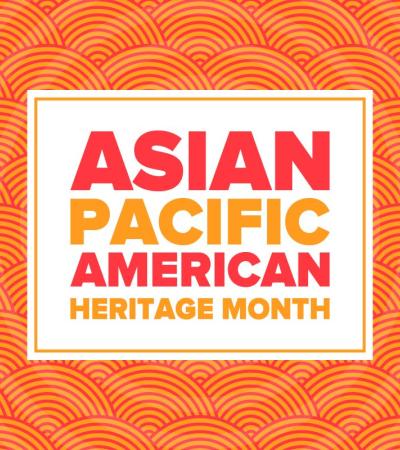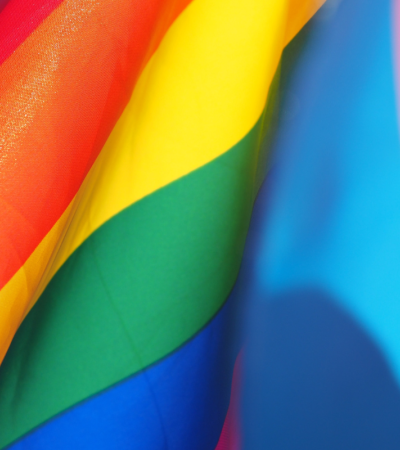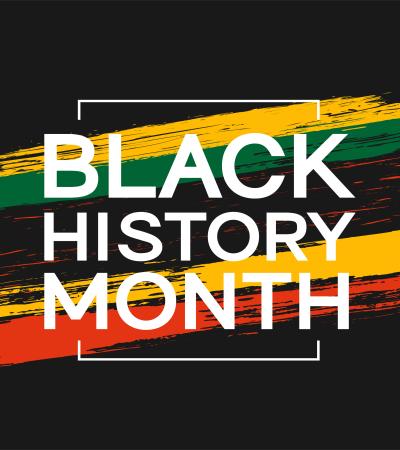July is Disability Pride Month. This month-long event originated with the passing of the Americans with Disabilities Act (ADA) in July 1990 and is a time to celebrate the work of disability rights activists, elevate disabled voices and honor the history, achievements and struggles of the disability community.

According to the World Health Organization, about 16% of the global population currently experiences disability, yet discrimination persists. Disability pride aims to amplify disabled voices, spread awareness and help advocate for an inclusive world.
The below list of resources can help prepare your library to celebrate Disability Pride Month with programs, book displays and educational opportunities.
Do you have favorite resources that are not listed below? Please share them with us at programminglibrarian@ala.org.
Library Programming Ideas
- Disability Pride Month programming at Chicago Public Library includes ASL story times at local museums, performances and film events.
- The Carnegie Library of Pittsburgh has a lineup of programs for July including Olympics & Paralympics games for kids, accessible movies and more.
- Temple Public Library in Texas will host a program on how sensory issues affect children in schools.
- Oak Park Public Library will host its 3rd Annual Disability Pride March and Rally.
- Contra Costa County Library Is planning a Disability Pride Month Treasure Hunt throughout the month of July.
- The New York Public Library will create zines on disability rights.
- Library Time: A Modified Storytime for Adults with Intellectual Disabilities, Programming Librarian, April 30, 2024.
Book Lists
- The American Library Association’s Schneider Family Book Awards honor books that embody artistic expression of the disability experience for young audiences.
- The Carnegie Public Library of Pittsburgh’s staff picks for Disability Pride Month.
- Hoopla’s Disability & Accessibility Awareness Book List.
- NC State University Library’s Disability Pride Month Recommended Reading Display.
- Nashville Public Library shares a list of children’s books to celebrate Disability Pride Month.
Teaching Resources
- PBS documentaries that look at the history of the disability rights movement as well as the activists within the movement.
- The National Endowment for the Humanities’ (NEH) Virtual Bookshelf for Disability Pride Month features a list of NEH-funded projects that expand disability access and research and support the teaching and preservation of disability history.
- Word Gathering is a digital, open access journal of disability poetry, literature and the arts.
- Disability Poetics is a collection of poems gathered by the Poetry Foundation.
- The National Disability Arts Collection & Archive, based in the UK, shares the history of the Disability Arts Movement.
- The Disability Visibility Project is an online community dedicated to creating, sharing and amplifying disability media and culture.
- Berkley’s Disability Rights and Independent Living Movement Project from 1996 captures the history of disability rights activists.
- Rooted in Rights uses accessible digital media to shift mainstream narratives on disability issues.
- The Helen Keller Archive is a fully accessible digital collection from the American Foundation for the Blind.
- Services and resources from the National Library Service for the Blind and Print Disabled.
Other Resources
- Ableism 101 from Access Living, a service and advocacy center for disabled people run and led by disabled people.
- Cooper Hewitt Guidelines for Image Description.
- “Serving Patrons with Disabilities in Small and Rural Libraries” Practitioner’s Guide.
- “Accessible Conversations in Small and Rural Libraries” Facilitation Guide.
- Programming Librarian articles and programs with an accessibility focus.
- The National Center on Disability and Journalism’s Disability Language Style Guide.
- RUSA’s AccessAbility Academy and Accessibility Assembly.
- The Library Accessibility Alliance (LAA) advocates for improving library e-resource accessibility.



